Focus on absorbing core technology from the most developed countries
National Assembly Deputy Phan Xuan Dung ( Khanh Hoa ) raised the issue of technology transfer, which includes three main contents. First, research and development of technology from science and technology organizations, then application in life. Second, application of high technology, advanced technology from countries around the world to Vietnam. Third, technology transfer abroad.
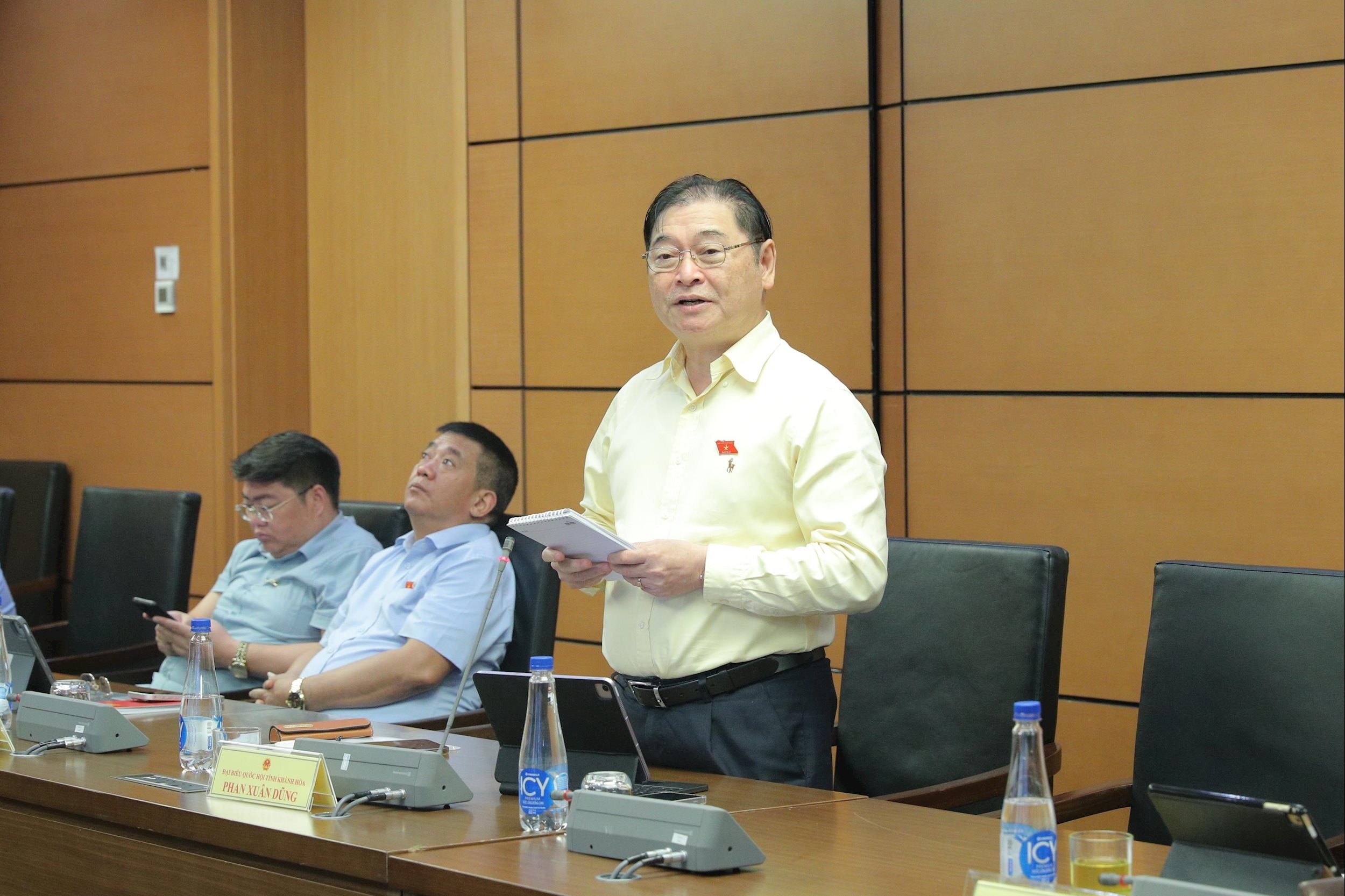
To determine the method of technology transfer, it is necessary to clearly understand the "technology belt" in the world. According to delegate Phan Xuan Dung, countries can be divided into 4 groups according to the level of technology in the world.
That is the Core Technology Group (first belt): including G7 countries and Russia/former Soviet Union. These are the countries with the most developed industrial economies in the world, accounting for 61-70% of total inventions. Industrialization Group (second belt): This group is behind the core technology group in the technology belt system.
Along with that is the developing group (third belt): This group includes high-income countries such as Korea, Singapore, China and Vietnam. And, the underdeveloped group (fourth belt): This is the last group in this classification.
With the goal of becoming an industrialized country according to the Party's direction, Vietnam needs to determine its target position. If it only receives technology from the second and third groups, Vietnam will not be able to enter the "core technology group". Raising this issue, delegate Phan Xuan Dung suggested that it is necessary to focus on absorbing core technologies from the most developed countries. This direction will help Vietnam realize the Party's wishes and move closer to the core group in the next 40-50 years.
National Assembly Deputy Nguyen Phuong Tuan (An Giang) said that the draft Law amending and supplementing a number of articles of the Law on Technology Transfer has two new breakthrough points: clearly establishing the legal basis of the subject as the technology owner, the subject with the right to use the technology; clearly defining the ownership of assets, equipment and technology ownership.
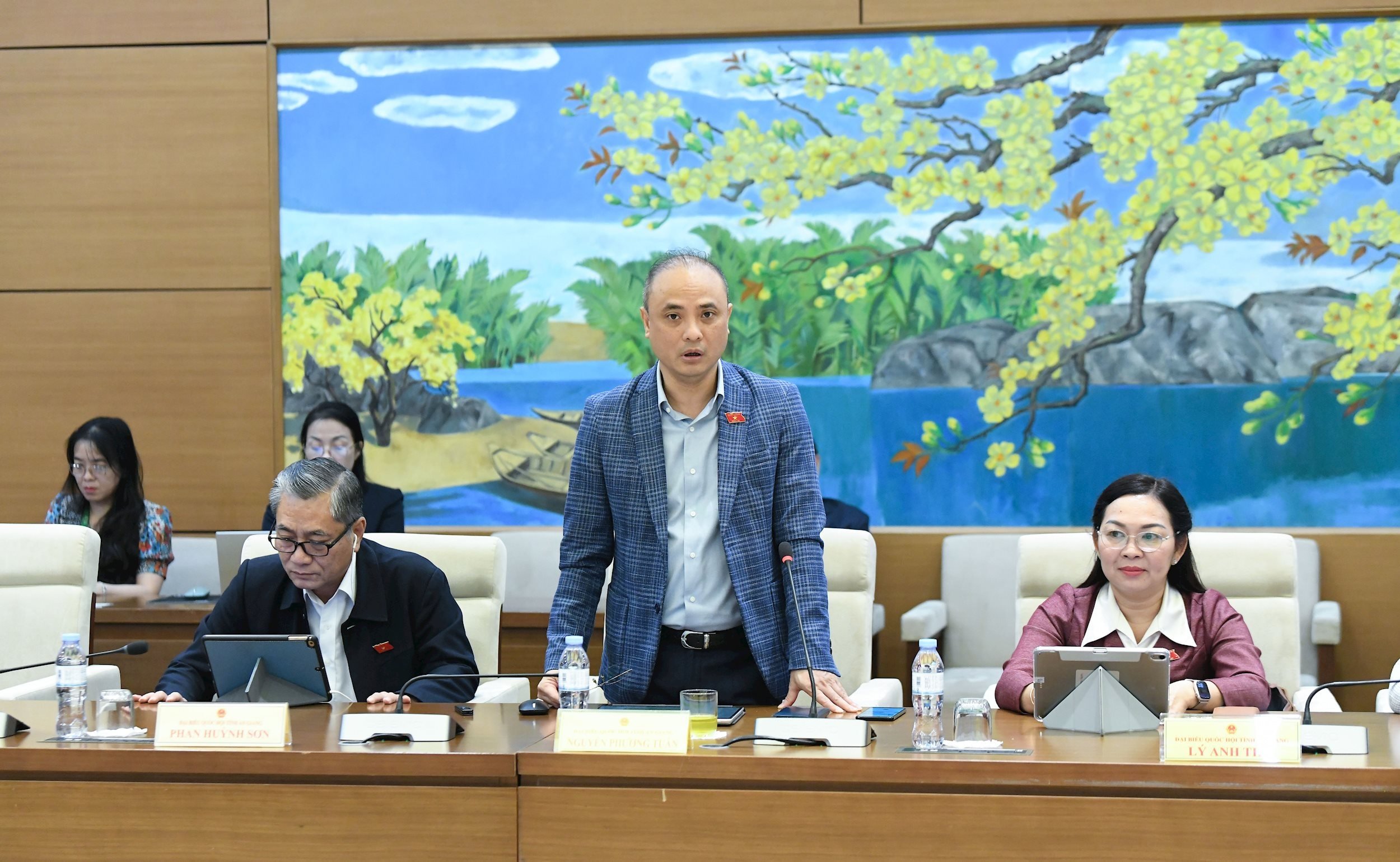
Delegate Nguyen Phuong Tuan suggested that the drafting agency carefully study and review the right to transfer technology and the scope of the right to transfer technology to ensure that there are no conflicts or overlaps with relevant laws, especially the Law on Intellectual Property because it is related to technological know-how. "If the right to transfer technology is not implemented carefully, it can easily lead to conflicts with the protection of intellectual property rights of the Law on Intellectual Property being amended. This is also a matter that needs to be considered," Delegate Nguyen Phuong Tuan noted.
Another new point in this draft Law is the regulation on capital contribution by technology, which allows capital contribution by know-how, technological solutions or patents in institutes and schools (called "patents"). This is a direction to actively solve the problem of "freezing" research results and intellectual property.
However, delegate Nguyen Phuong Tuan suggested considering the provision allowing self-determination of the value of contributed technology in Clause 2, Article 1 of the draft Law, because if self-determination of the value of contributed technology is made, there is a huge risk of inflating the value of contributed technology, creating virtual capital and negatively affecting the health of the investment environment. Therefore, the Committee on Science, Technology and Environment suggested that the drafting agency clarify the content of self-determination of the value of contributed technology to avoid the risk of abuse and encourage the use of more independent evaluation services.
Clarifying the basis for determining the competent authority to preside over the appraisal and give opinions on the technology
In Clause 9, Article 1 of the draft Law amending and supplementing Article 14 of the Law on Technology Transfer, National Assembly Delegate Nguyen Thi Thu Ha (Quang Ninh) proposed clarifying the competent authority to preside over the appraisal and give opinions on technology in the specialized agency performing the function of advising the Provincial People's Committee on state management of the industry and field and coordinating with specialized agencies on science and technology, relevant agencies and organizations.
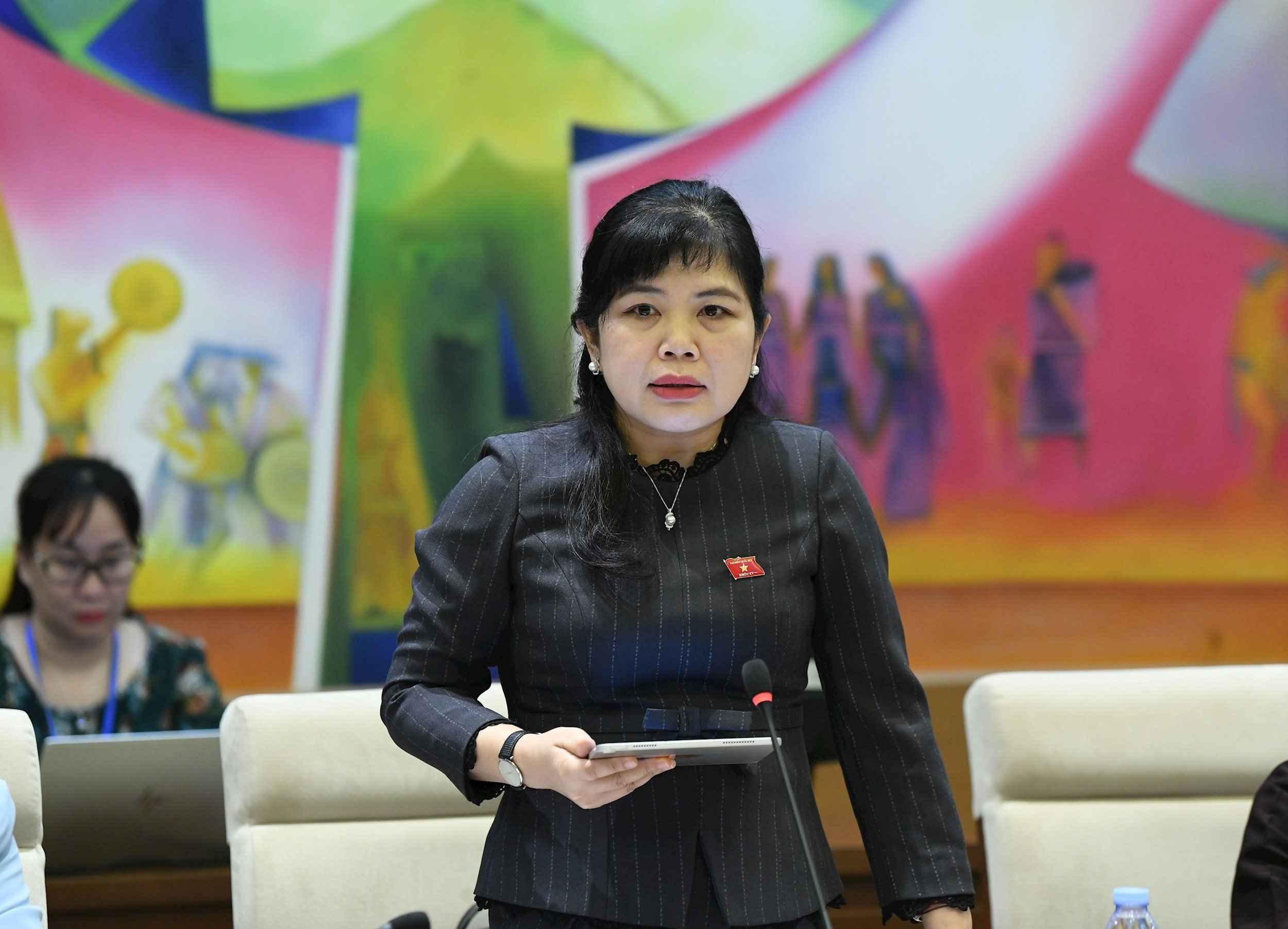
Because the assessment and opinion on technology requires the presence of a specialized agency in science and technology to clarify the authority to preside over the assessment and have a general opinion on the technology field.
In Clause 10, Article 1 of the draft Law amending Article 15 of the Law on Technology Transfer, the delegate also requested to clarify the competent authority and the authority with opinions on technology in the advisory chair of the Provincial People's Committee to preside over and coordinate with specialized agencies on science and technology, relevant agencies and organizations to appraise science and technology for projects related to this field.
The drafting agency needs to study and supplement the basis for determining the specialized agency performing the function of advising the Provincial People's Committee on state management of the sector, the field in charge of appraisal and giving opinions on technology. Because, currently, the departments and branches of the province are all related to this field, for example, the Department of Industry and Trade, the Department of Agriculture and Environment or the Department of Construction all have the function of presiding over and advising on related field contents. "For example, for the project of treating domestic solid waste using pyrolysis technology to create synthetic gas products, which agency among the above 3 agencies will preside, or will another agency preside over appraisal and give opinions on technology?". Citing this example, delegate Nguyen Thi Thu Ha suggested that it is necessary to clarify and stipulate to have a basis for further determination.
On the other hand, along with the inspection and supervision of investment according to the provisions of law, the draft Law stipulates that the agency in charge of appraisal and giving opinions on technology must arrange time for inspection and supervision of technology, which will cause difficulties for the agency in charge of appraisal. To ensure consistency in the inspection and supervision process for investment projects, delegate Nguyen Thi Thu Ha suggested that the draft Law stipulate in the direction that: during the process of inspection and supervision of investment according to the provisions of law, it is necessary to simultaneously conduct inspection and supervision of technology for investment projects and assign the state management agency on investment to be responsible for coordinating with the agency in charge of implementation in Clause 24, Article 1 of the draft Law.
The draft Law supplements the technology valuation activity in Article 43 of the current Law. Commenting on this content, delegate Nguyen Thi Thu Ha said that the technology valuation activity requires a very high level of expertise, but the draft Law does not have strict regulations on the conditions to ensure implementation. Therefore, it is proposed to supplement regulations on professional competence standards and responsibilities of organizations and individuals conducting technology valuation or providing technology valuation services.
Source: https://daibieunhandan.vn/du-thao-luat-sua-doi-bo-sung-mot-so-dieu-cua-luat-chuyen-giao-cong-nghe-ra-soat-ky-luong-pham-vi-quyen-chuyen-giao-cong-nghe-10395017.html








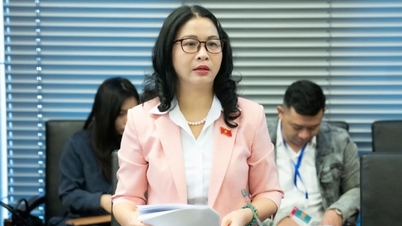

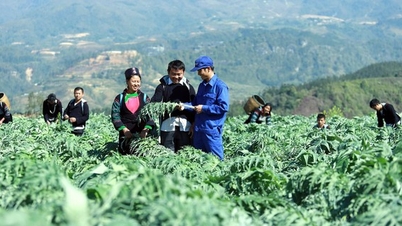

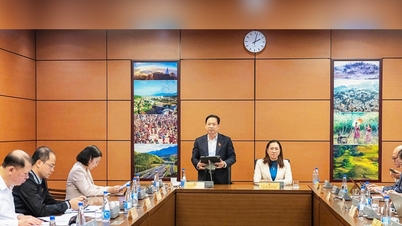
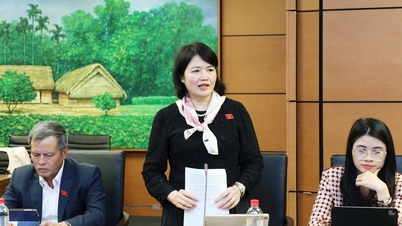
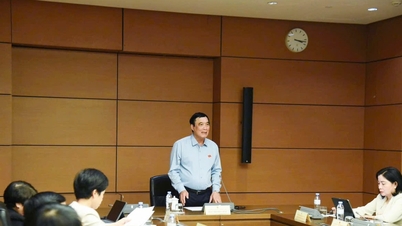


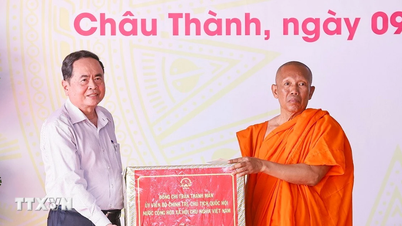

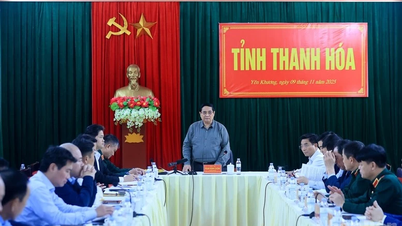


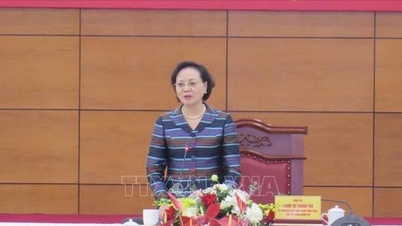

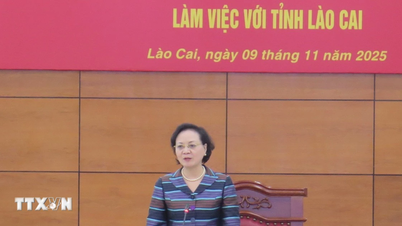




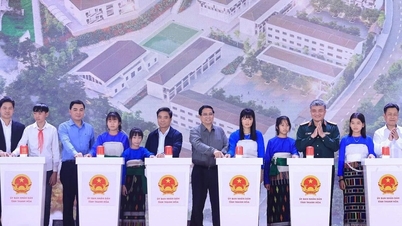
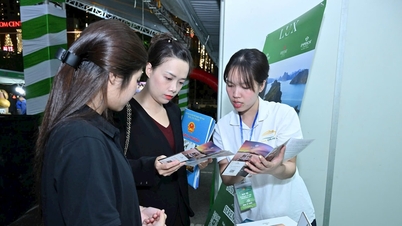
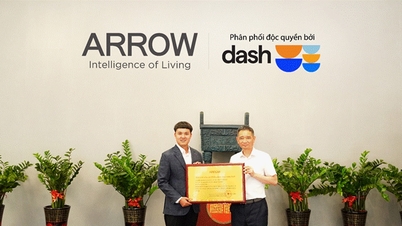

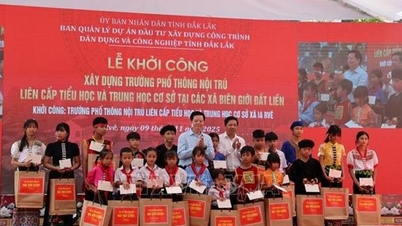






































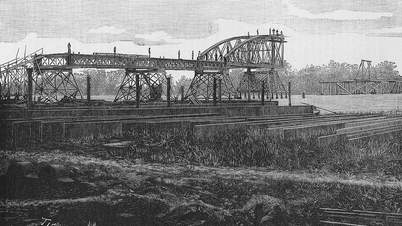
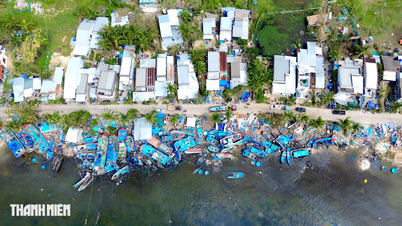




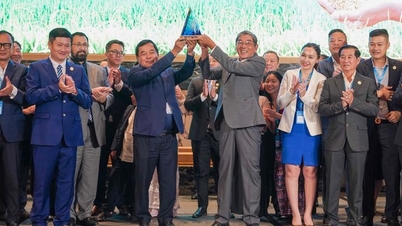





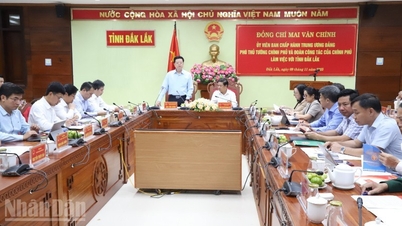



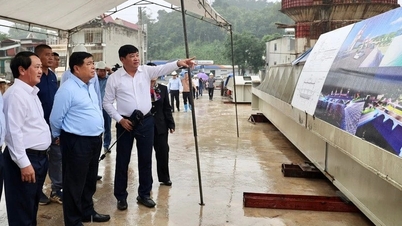



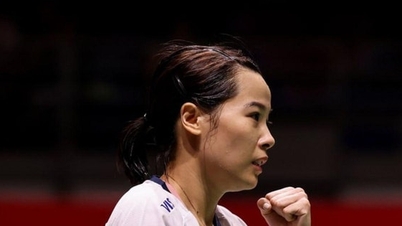


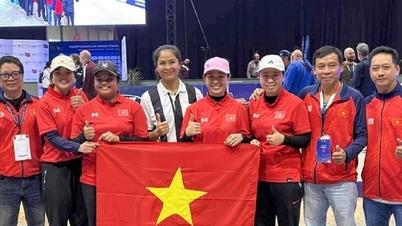













Comment (0)